How To Hire Magento Developer— The Guide You’ll Never See Anywhere!

I’m surprised most websites don’t understand the pain points of hiring Magento developer (or Magento agency). Ask them how to hire a Magento developer and hear them repeat the same chorus over and over again.
- Talk with the company
- See the portfolio
- Get the price card… yawn!
Well, everything is fine. But how? How do I talk with the company? How do I get the price card?
This made me create this in-depth guide to hiring Magento developer for your eCommerce store. And guess what? I’ve come up with a proper hiring flow chart.
I have divided my research into two stages
- self-research stage (doing the homework right)
- in-person research stage (doing the fieldwork right)
You can follow these two stages to hire dedicated Magento developer for your eCommerce store.
How To Hire Magento Developer: Stage 1# Self-research stage
The self-research stage demands you to put your online research wizardry into use. You’re not talking with the company at this stage. You’re simply filtering a few options based on your intuition and data.
This stage starts with the most common method— researching on Google.
Step #1: Let Google narrow down your search
Lots of review websites help pull out top Magento companies. But I prefer either Clutch or GoodFirms.
Search long-tail keywords like
- Top Magento companies + Clutch
- Hire Magento companies + Clutch
- Best Magento companies + Clutch
- Magento developers for hire
- Magento expert for hire
- Hire Magento web developer
- Hire Certified Magento developer
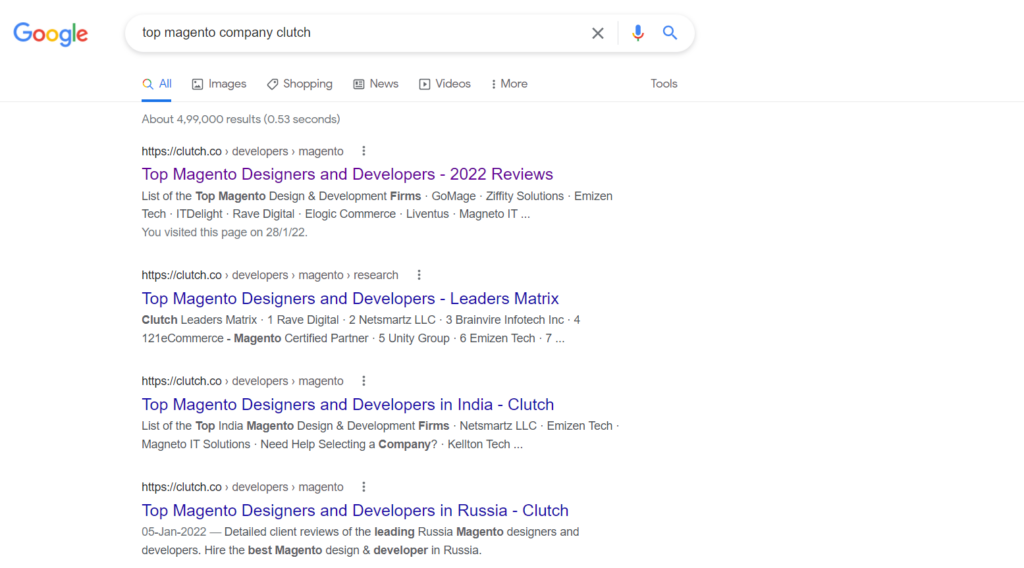
Click on one of the search engine results. You’ll find the list of the Magento companies.
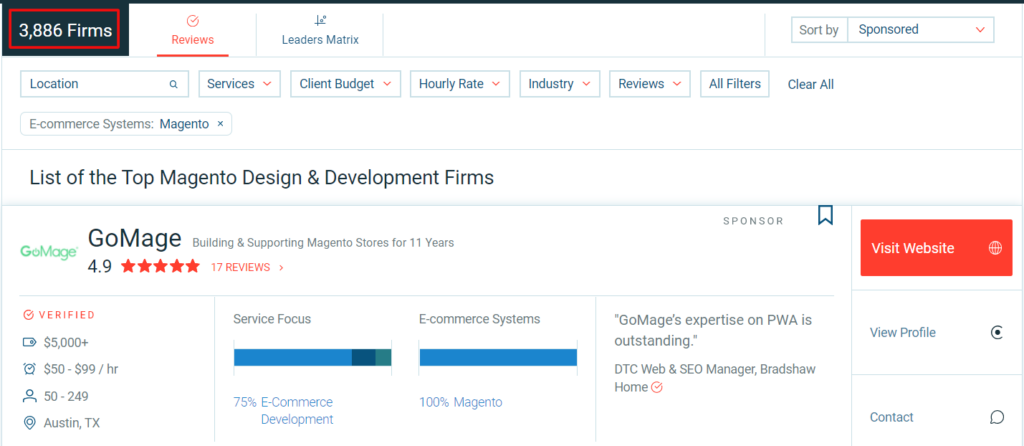
The good part is— you can filter these companies based on
- Location
- Services
- Budget
- Hourly rate
- Industry
- Reviews
So I tried location and hourly rate filters.
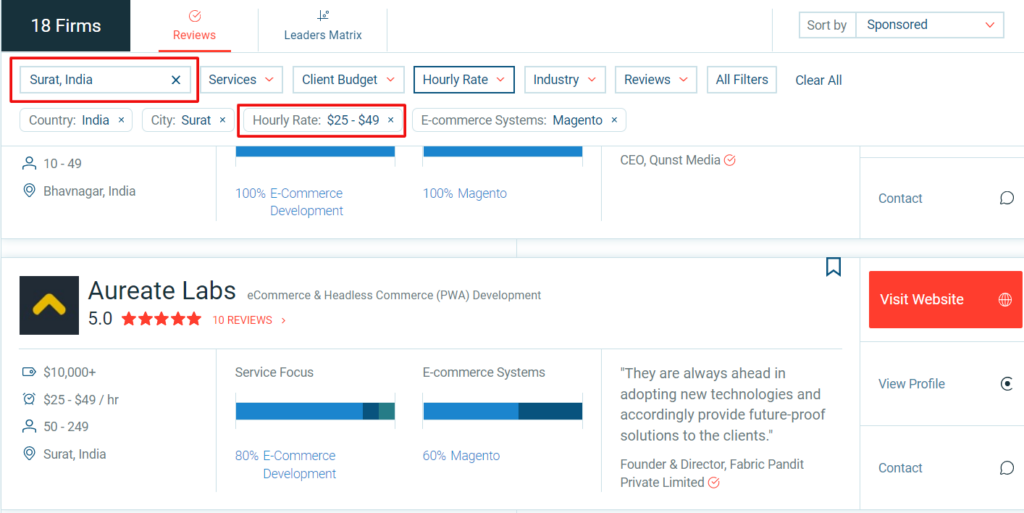
You can try it for any other location on earth.
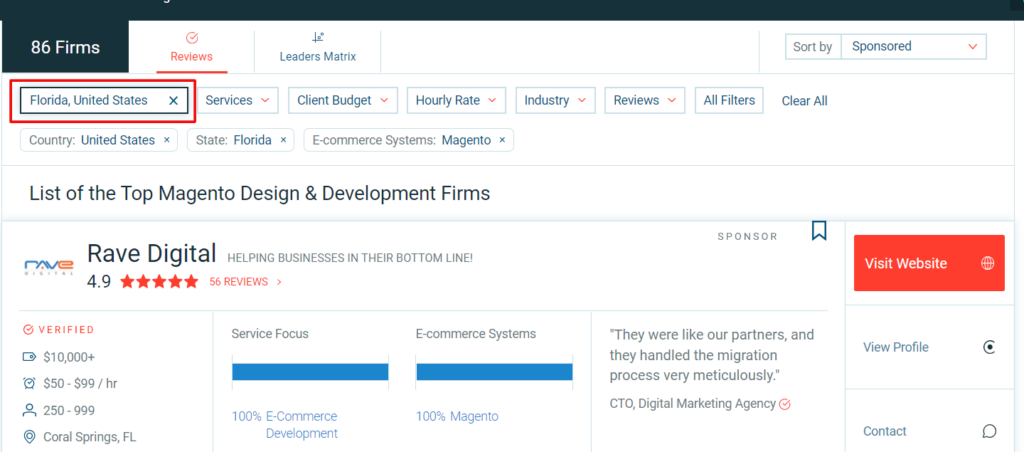
Filter any five companies based on your preference.
For the sake of your simplicity, I have created a spreadsheet template.

Put any five companies in the template that you think can meet your requirements. Again, this is just a vague calculation.
I’ve put my five favorite prospects from Clutch and rated them 5 because they have listings in Clutch (which is obvious).

Step #2: Check their local presence
Again, Google will tell you how visible the Magento services are in their local markets. And it’s really helpful if you want to work with Magento developers in the same city.
If they are visible on local searches, you can attest to the fact they’re also working on their SEO marketing. Their expertise can come in handy during your eCommerce marketing process. Make local searches like:
- Magento company near me
- Magento developers near me
- Magento agency near me
- Best Magento company + “city”
- Top Magento company + “city”
- Magento development company near me
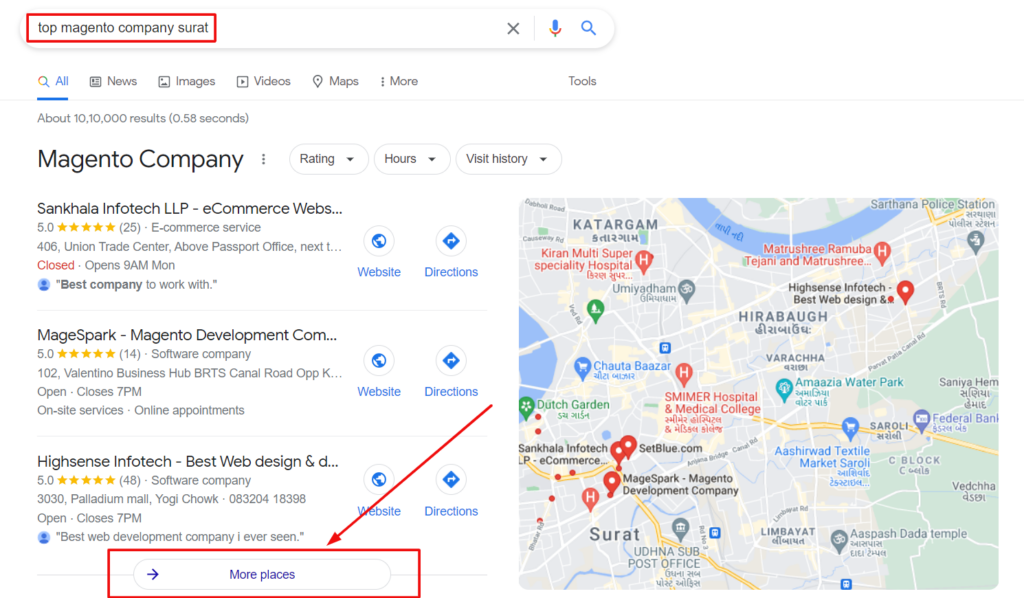
Click on “More places” at the bottom of the page.
Try all the local keywords. If you don’t find the company on top 10 of any local terms, give them 0. Give them 3 or 4 and you can find them in one or two terms. And a perfect 5 if they’re visible for all the local search terms.
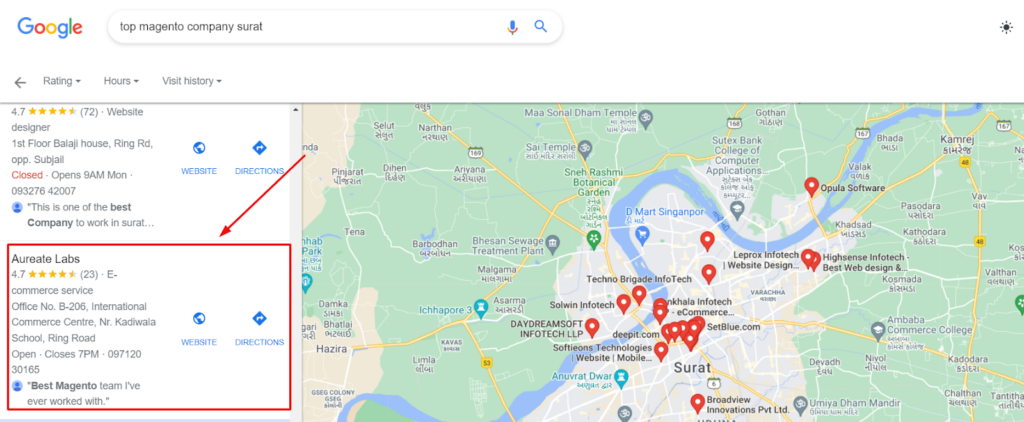
Here’s what my score looks like.

Step #3: Take a deeper look at their portfolios
You want to get into the kind of projects they’ve been handling. This requires both intuition and data to understand if they’re truly delivering the results. Please note, that you haven’t gotten in touch with them yet.
So you have to apply your senses to understand the caliber of Magento 2 developers.
The intuition part requires you to feel the experience of the projects they’ve worked on. Go to the client’s website. Give yourself some time. Feel it like a user.
Give them more scores if they’ve worked on your niche.
For example, Aureate has worked on multiple beauty brands. It’s a green signal for you if you also specialize in the same industry.

Dig into their portfolios. Check all the niches and find the percentage of their preferences.
In my case, I wanted to start a website on anti-aging biohacking products. So Aureate fits perfectly with my requirements. They had 40% of their clientele from skincare brands.
Here’s the scoreline so far!

I have divided the portfolio analysis into three parts:
The numbers game
You’ll go through the numbers they tell you on their websites. They need not necessarily be true. Don’t take them at face value, but keep them in your mind.
Would be an added advantage if they’ve expertise in your niche and have numbers to show in the same domain.
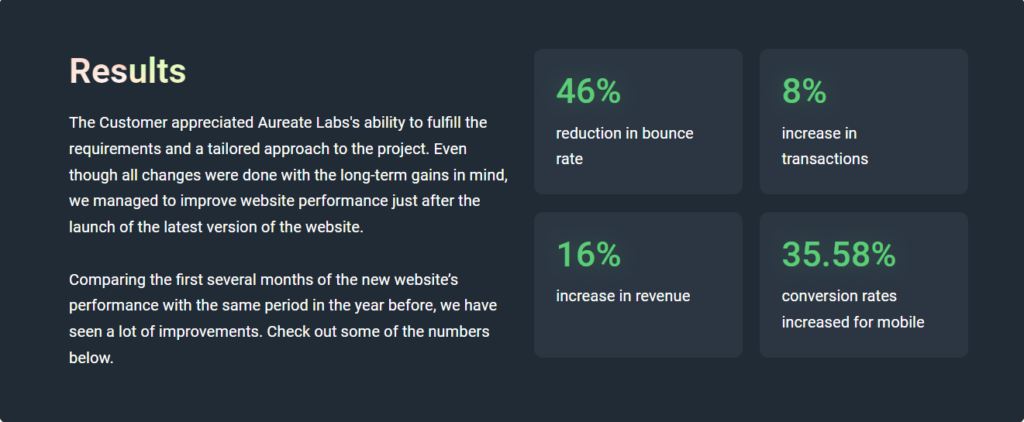
Read all the case studies carefully.
Based on pure numbers, here’s how I rated them.

The second sub-part of the portfolio is to check the traffic yourself.
The traffic
Before you check the traffic of any project, you should know most Magento agencies work on other eCommerce platforms as well. So make sure you pick the projects built on Magento and not Shopify or BigCommerce.
Now the question is, how do you know this? Well, here’s how you can check the eCommerce CMS for any client project.
- Open the BuiltWith tool.
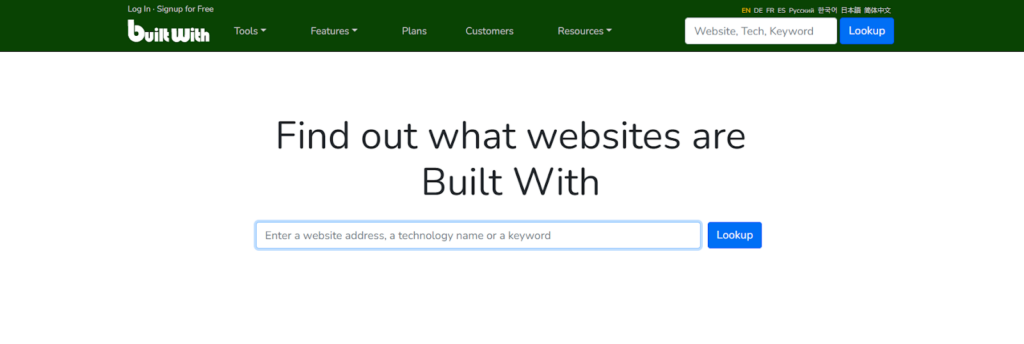
- Plugin the client’s website you want to check

- Confirm the eCommerce platform
Now that you know the project is built on Magento, use SEMrush to find the organic traffic for the website.
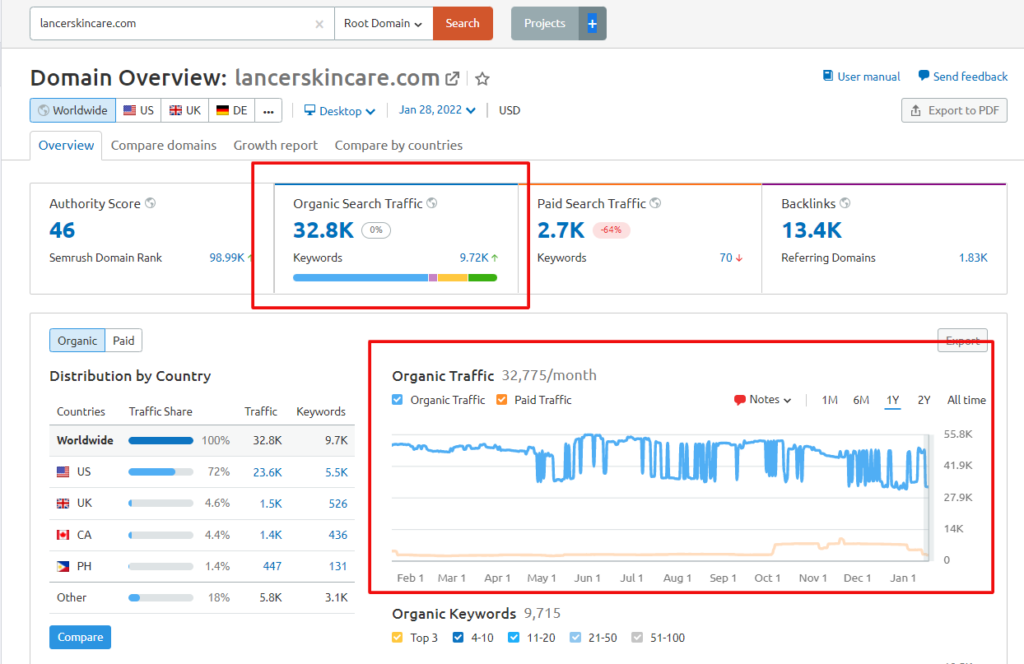
You can see the crazy roller-coasters in their organic traffic for the past year.
Similarly, I checked all the clients’ projects. Few were very disappointed not because they had low traffic. But they didn’t use a secure channel for their websites.
Do I blame the Magento agency? Absolutely! Even if they didn’t make the store from scratch— the onus was on them to ask their clients for the secure network.
And if somehow the store owners were stubborn, the Magento web agency had no business putting such insecure projects on their portfolios!
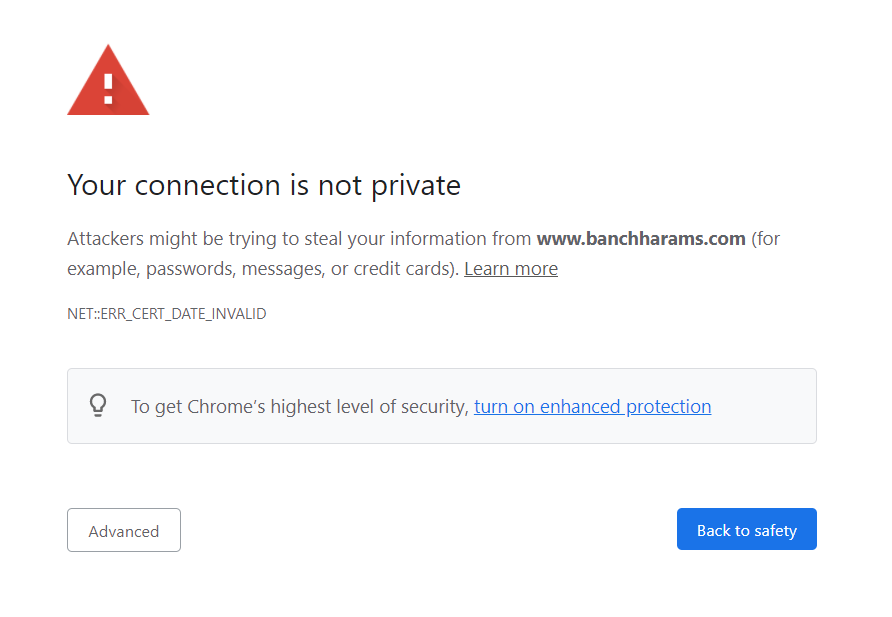
You can also use free SEO analysis tools like RankWatch as well to get insights on many other metrics. Of course, they aren’t as accurate as Google analytics. But you still get the traffic numbers for benchmarking.
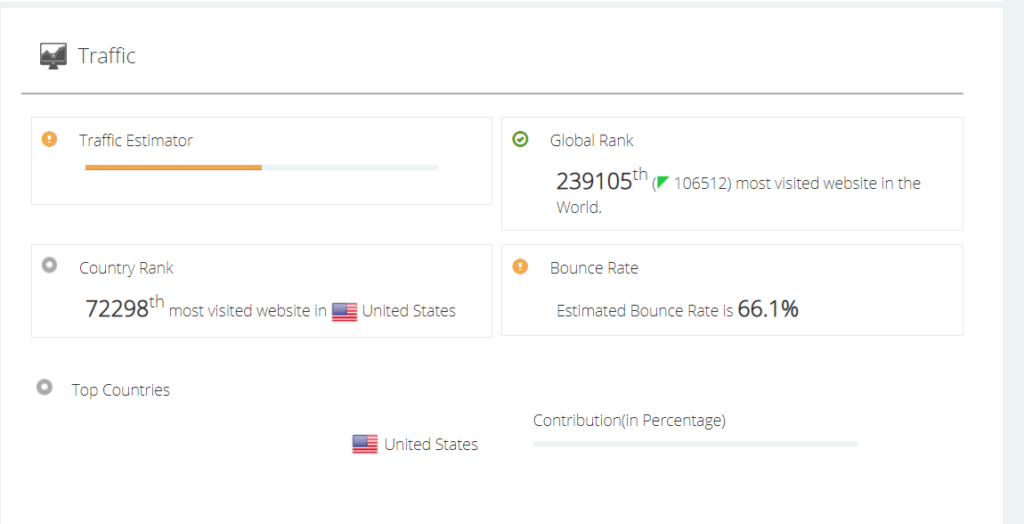
Here’s the fresh score now.

PageSpeed insight
Magento developers’ portfolios are incomplete without testing the speed of the stores they’ve worked with.
The process is very similar to measuring their traffic. But this time, we’ll use Google’s PageSpeed insight tool. It’s free of cost!
- Select the list of projects that match your niche.
- Analyze the link in the tool.
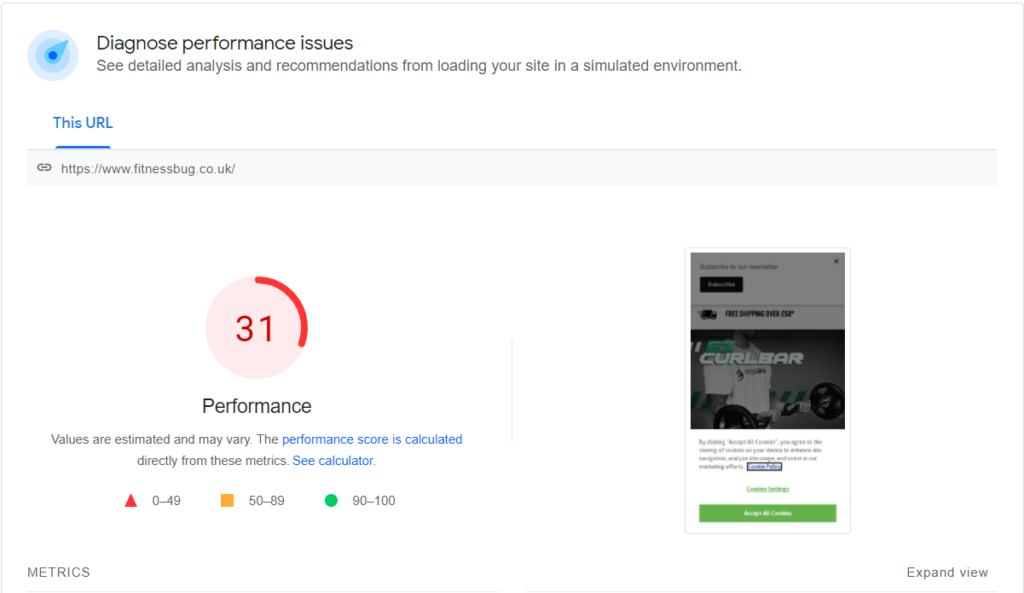
- Find out the average of all the performance score
I tested the page speed of three projects per Magento development agency. The scores were not very good! For the average performance score
- << 50, I gave 1.
- >> 50 but << 60, I gave 2
- >> 60 but << 70, I gave 3
- >> 70 but << 80, I gave 4
- >> 80, I gave 5
Again, you can use other tools like RankWatch to test the website performance score. Follow the same process as we did with PageSpeed Insight.
But I’d recommend you to stick with Google’s testing tool.
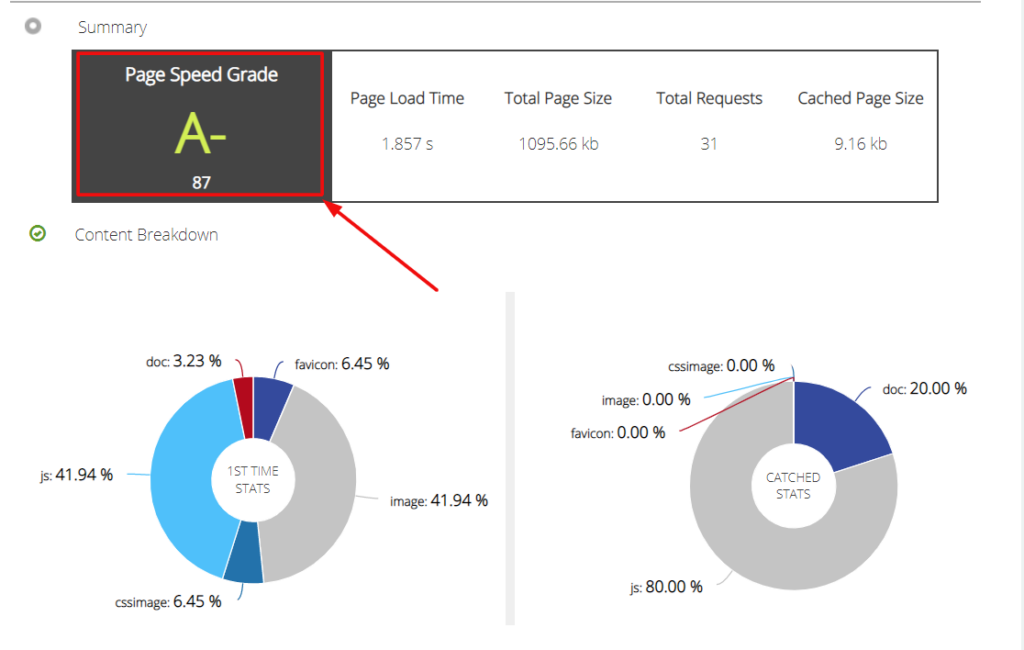
Ahh! The scorecard is getting competitive.

Also read: 15 Reasons For Bad Magento Performance
Step #4: Analyze patterns in their testimonials
Like numbers, you have to pay close attention to their web testimonials. Again, you don’t have to take them to their face value, especially the one with the customer jacking approach.
“Customer Jacking: I was struggling with my Magento eCommerce website. My web traffic was low. I wasn’t getting enough conversions. Then all of a sudden, someone opened the doors to heaven when I met X Magento eCommerce agency. Now I’m a rich braggart who owns a 20 million dollar company.” 😀
To be honest, it’s much easier to create fake testimonials than you think. I will show you the example with the fake testimonial generator. You put in the main keyword. Click on generate.
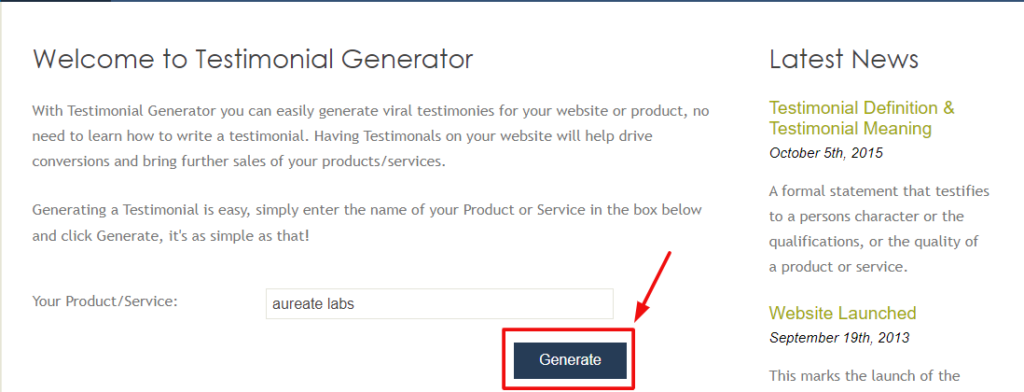
And Tadah!! :/

Did you see it? It’s that easy! Now I’m not saying all the testimonials are fake.
But you can do emotion analysis on text data and ensure that the testimonials are true or not.
For example, this testimonial has a venture date: 2015!
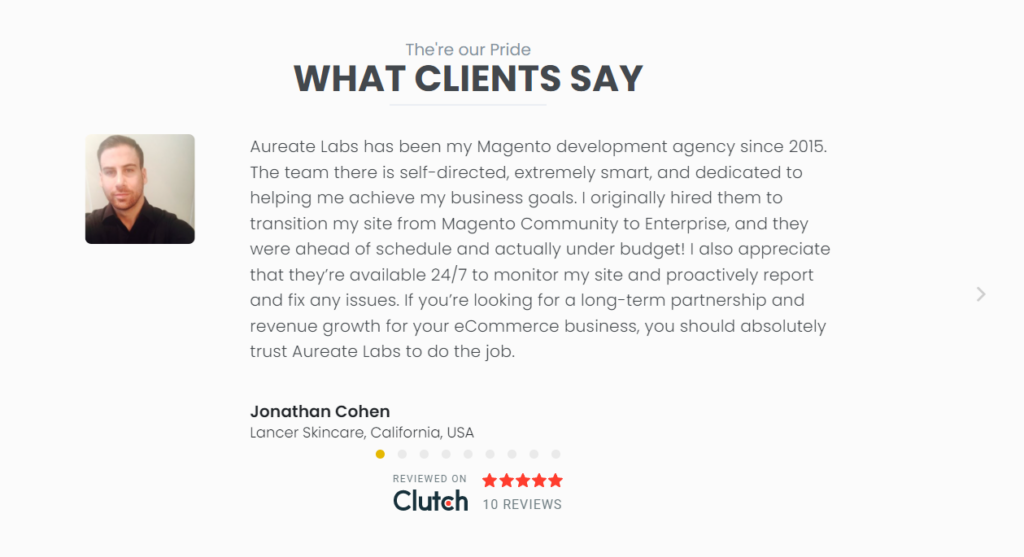
The client is quite vocal about the year they started working together.
You can simply check the traffic since the client started working with the Magento development agency.
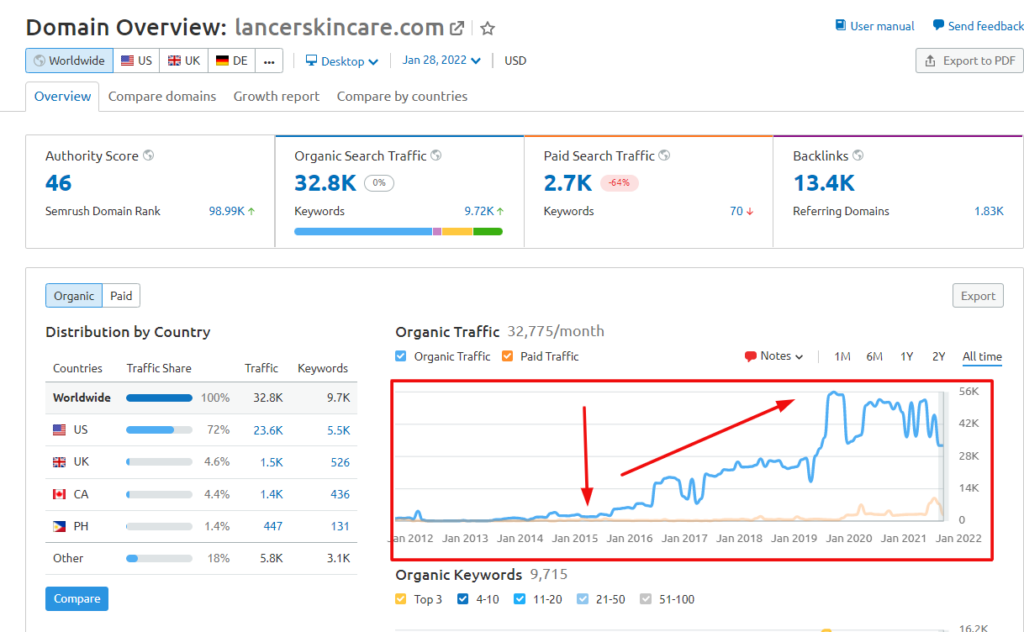
You can see how the traffic of Lancer SkinCare shot up since 2015. So the stat concludes that testimony is honest.
The other way to recognize the emotions of texts is by putting the texts inside the emotion-recognition tool. Unfortunately, I don’t have the tools to demonstrate it.
I looked at 4 testimonials per Magento 2 agency. Also looked up their LinkedIn profiles to cross-verify the testimonials. Here’s the score after all the hard work from my end. 🙂

Step #5: Check online reviews
Unlike website testimonials, you’re checking reviews on either Google or Clutch this time. You can apply the sample principle to determine if the reviews are genuine or not.
Another cool metric is to check the average number of reviews each Magento developer has got.
Search the “name of the company” on Google first.

Note down the number of reviews they have got and the average rating.
Repeat the process on Clutch, Yelp, Glassdoor, etc.
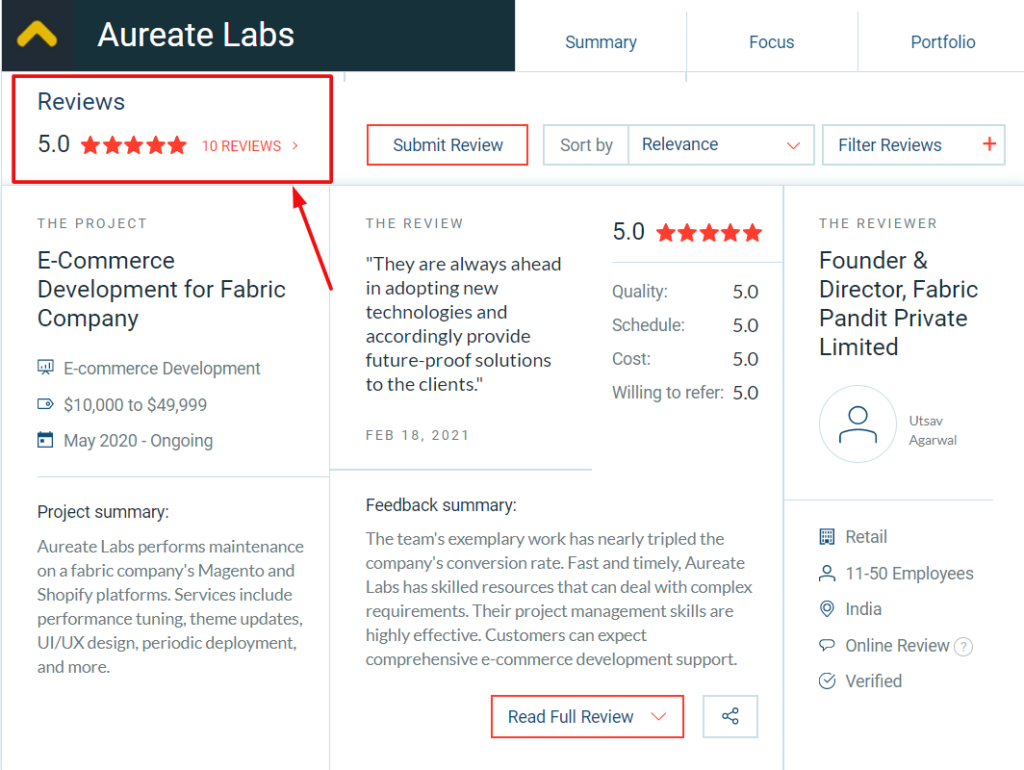
Do it for all the companies and note down the average rating score. Add them up and put the scores accordingly on the sheet. More or less, all the companies had a good rating.
The score so far is pretty tight.

Step #6: Find out more about their work culture
You’re not hiring a Magento 2 agency. You’re hiring a Magento partner. They’re going to be with you for a long time. Both of your work cultures should match. Now I’m not asking to go radical about matching every detail.
But the idea is to fall on the same page. Find out more about the team you’re going to work with (at least through LinkedIn profiles).

Learn more about the company’s working atmosphere. Find out how it treats the team members because what you see the output is directly proportional to the mental states of the members.

Try to find out the happy faces. You’re trying to understand how happy everyone is working with the Magento company. Not just clients!
I usually look up LinkedIn and Twitter profiles to follow their nitty-gritty. Again, most companies looked like they worked in synergy. So I gave all of them the same score.
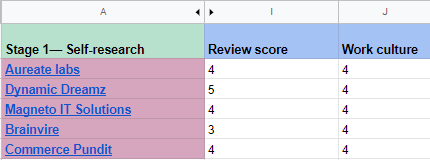
I cut one point because there’s always room for improvement.
Step #7: Observe how they interact with customers
The best part about online customer interaction is— everything is right in front of your eyes. You have plenty of resources to observe how the Magento developers behave/interact with customers, clients, etc.
- Go through the blog post comments and see how they respond
- You can check their social media handles and uncover how they interact
- Check their contribution to Magento communities and their value addition
- Find out how quickly they respond to user-generated content
- Deduct scores for companies that don’t respond at all
Again, I’m not asking you to morally school them. But it’s just an extra cushion to give yourself a good chance to interact with them should there be any issue. Take a look at this crazy score.

Step #8: Figure out the additional services they offer
Whether you’re getting worked on Front-end or back-end, you’ll need Magento maintenance and security services. Similarly, your eCommerce store may need digital marketing services as well.
The point is— you can always choose multiple agencies to handle multiple operations. But I’d recommend you go with the one that offers 360-degree solutions.
Now, why do I say this? Well, you need compatibility between different solutions.
Hiring a Magento web agency that also offers multiple solutions can reduce the siloing effect and increase efficiency.
You’d want to check out these multiple services and decide what’s most important for you. Finally, you can rate them based on the services you prefer. Here’s my rating.

Step #9: Dig into their certification “pasts”
To be honest, I don’t believe in hiring a Magento company based on certificates. The portfolio is on my priority list. This is why I’ve put certificates at the bottom of the steps.
But let’s consider the coincidence that 3 out of 5 companies have the same portfolio score. It’s then I use certificates as the key differentiators.
The best way to find the certification is on their websites. Unfortunately, I was surprised that all five companies claim themselves as certified experts. But I couldn’t find the certificates.
Not sure how deeply they are buried in the website schema, but I left disappointed at this point. And that’s why I gave zero to every entry in the list.
Step #10: Check online presence on maximum platforms
Well, this is one of my favorite strategies to separate the wheat from the chaff! So I look into the client’s online presence. Remember how we dug into the client’s testimonials? This follows pretty much the same route.
- The first step is to finalize the list of clients you want to test.
- The second step is to put the client’s website URL in the free listing management tool in SEMrush.
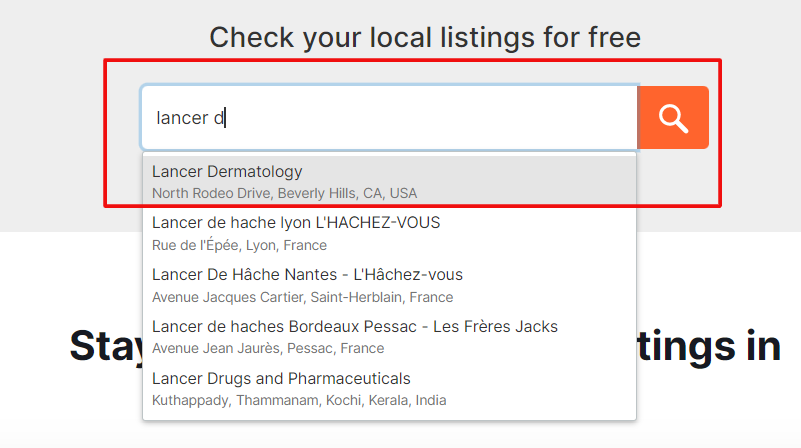
- The third and final step is to observe the number of websites they’ve been listed on.

Now, why are we doing this? Well, we’re trying to understand how visible the brand is. The Lancer Skincare is listed on at least 18 platforms. That’s not bad! So you can use this metric for at least three client projects per developer.
Find out the average listing numbers. And give a score to their social media visibility. My score would be:

Step #11: Determine their experience
It’s one of the most crucial factors in determining the Magento 2 agency you’re going to work with. I have added it to the last of the list because I wanted to end the self-research stage with a kind of remembrance.
You can find out their experience on Clutch.
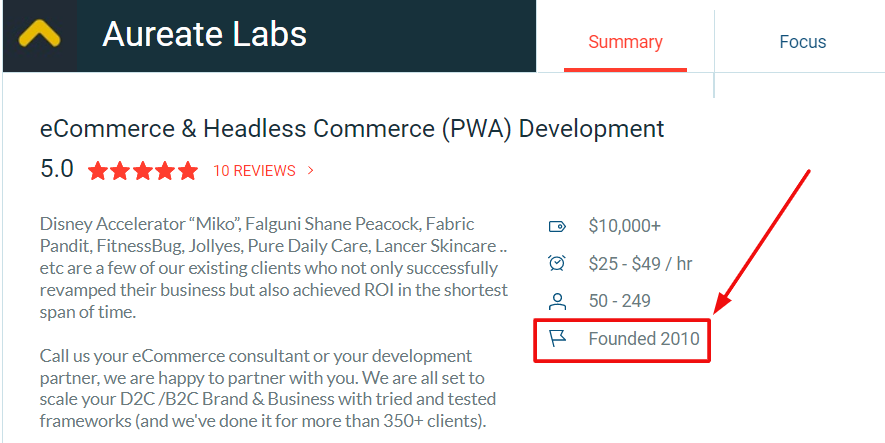
Give your scores based on years of experience. Here’s mine:

Uhh! That was pretty insane stuff. I have the total ready for the first round of research.
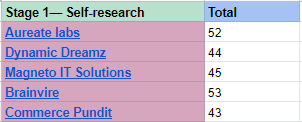
Please note we’re not counting any Magento developers out yet!! Wait for round 2 of research. This round will test the real waters and reveal if your observations truly match with the company.
How To Hire Magento Developer: Stage 2# In-person research
In the second stage of research, we’ll get in touch with all these companies and their clients in-person. We’re assuming you’ve called all these companies in person once.
Now here’s what you have to do.
Step #1: Analyze your meeting with the Magento developer
Ask yourself:
- How did the meeting go?
- Did the dedicated Magento developer look dedicated?
- What were their research questions?
You have to apply all your psychological awareness to that meeting. Notice the cues they’ve been dropping. Do they sound shady? Do they cut your ideas? What do they think of your niche?
Everything needs to be answered. You should go home feeling satisfied with every answer they give you.
You can also put forth questions regarding deadlines, pricing, and expertise. The key to good communication is transparency.
Note down scores for every question they answer. Here’s what I did:
I asked them four common questions:
- How long will the project take?
- What’s the best pricing model for the project?
- Have you worked on my niche? If not, how do you research?
- Will I be included in team meetings?
I weighed 5 marks each for all the questions and took the average score. Here’s the report card:
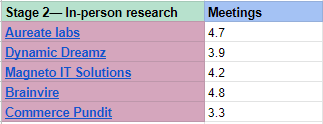
Step #2: How did they communicate
You want to be tracking how well they communicate with you. Are they hesitant to introduce you to their team members?
Top Magento agencies understand the importance of communication as much as they understand the importance of eCommerce development. A project is only as good as you and they communicate.
Keep asking them if they understand your project. Look! No one knows about your business more than you.
You’re the leader of your brand! If they don’t communicate the way you want— I wouldn’t say dump them but try to get into the crux of the matter.
They might be spitting the truth. Who knows? When you talk with 5 Magento development companies and if everyone speaks the same thing, then maybe your idea needs a bit of refinement. But if a few of them approve of your idea— you better go with them.
Here are my scores for them.

Step #3: Ask for a sample test
I ask for a sample test from every agency I work with. You may feel most companies won’t agree with it. That’s partly true. Many won’t! But for that reason, the least you can do is ask if they can work for a week or month.
My main concern with long commitments is you can’t get out of the contract despite the unwarranted performances. So treat short commitments as sample testing. You can notice your numbers pre and post-deal.
Deduct their scores if they push you to sign long-term contracts. I asked all these five companies and 4 of them were okay with short-term projects. Again, you shouldn’t involve baseless metrics to analyze their performance for such a short period.
Involve the most relevant ones. And never discount your intuitions. Here’s my score for sample testing.
Step #4: Post-development customer service
I guess this is another key factor for deciding if I want to work with the Magento company. When I say customer service— I don’t necessarily mean free services. It can be both— free and paid.
While you’re attending their meetings, ask what sort of additional services they offer. You also want to know about these services because that prepares your expectations with them. You want to match expectations with them and not hurdle jump!
I asked all of these companies and their customer service. Every one of them promised maintenance services apart from a few months of free tech support. So here’s my score to them:
Also read: 9 DIY Tips To Maintain Your Magento Store
Step #5: Check their security services
Gosh! This is more important than page speed I suppose. Your eCommerce store will deal with plenty of transactions. So your Magento partners must create a safe and secure domain.
HTTPS and HTTP2 are musts. Ask them if they’re going to use secure channels for you. I checked one of the insecure client’s projects. I was stunned. They put me in doubt about these Magento eCommerce companies.
Needless to mention— I cut their scores. 🙂 If they don’t come clean, you can test the security scores of their clients yourself. I test HTTP2 scores on this website.
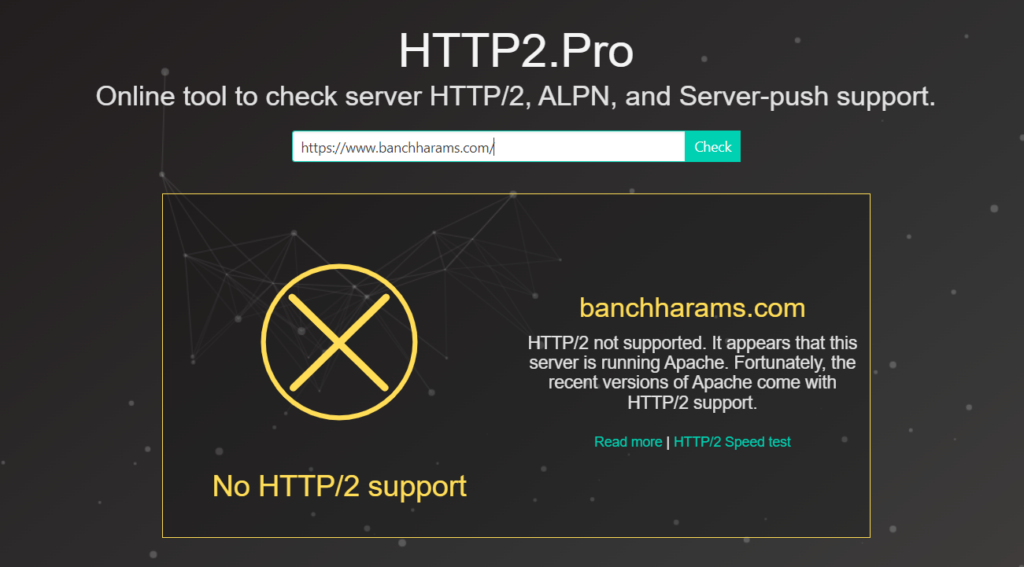
Put all the URLs of the agency’s clients. Analyze if they use proper security measures.
Ahh! The scorecard is getting populated here.
Step #6: Ask their clients, directly
You’ve done all the hard work. Congratulations! Finally, the last step to filter the best Magento development company is to reach out to their clients, directly! Might sound weird, but no one can give you a better explanation about their experiences than the ones standing on the portfolio.
You can make a list of the clients you want to talk with. Go to their websites and arrange their “contact us” details.
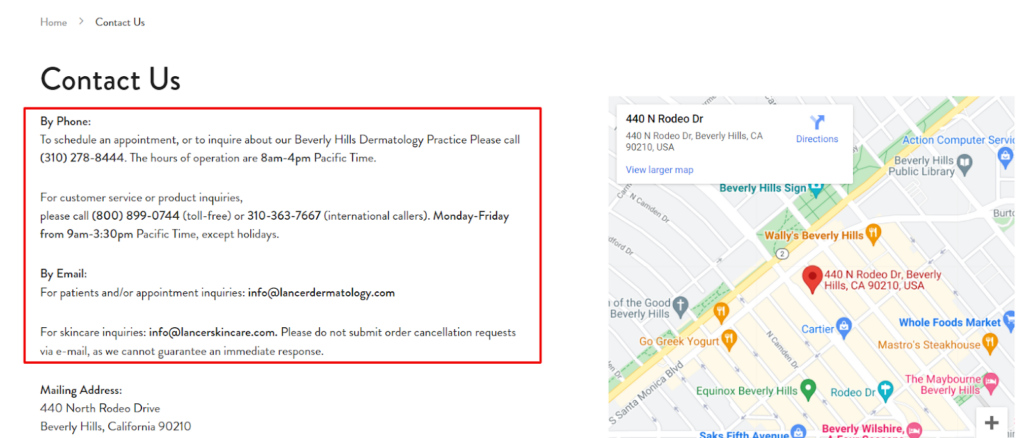
Now you can call them and have their insights. Don’t forget to incentivize them for their honest feedback. I usually give backlinks to them (provided they are in the same niche).
If you’re not a call person, email works as well. Write warm words like:
“Hey Lancer, I have been following your website for quite some time now. It looks amazing and the products are wonderful. I would love to have a similar-looking website. Of late I have been in touch with your Magento agency. How was your experience working with them and what do you think of them? Your insights matter a lot. Feel free to claim a backlink to your website once my store is ready. :)”
This trick works 9 out of 10 times. I asked 3 clients per agency, 13 of them responded warmly. So I decided to score accordingly.
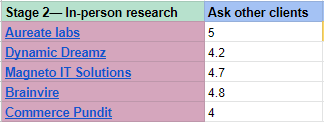
Phew!! We’re done now. Let’s calculate the total for the second research phase.
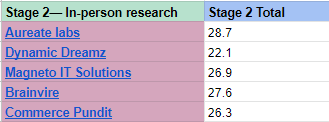
That’s tight! Now add stage 1 with stage 2 of How To Hire Magento Developer.
Finalizing your Magento 2 company

That’s that! You can add as many metrics to your template and calculate scores for all the companies based on your research, intuition, and data.
Don’t hurry into the process! You’re hiring a Magento development company that’s responsible to make or break your business. So follow these steps diligently and make sure you don’t rush just because you want to start early.
Once you’ve put effort early into filtering the right Magento company, you’ve won half the battle already.
For more interesting blogs— you may want to keep following us at AureateLabs.






Magento is a great open source platform for developing high quality ecommerce websites. Hiring Magento Developer mainly depends upon their in-depth knowledge of Magento functionalities and past hands-on experience on Magento implementation. Focusing on these two factors can make the hiring of Magento Developer much more easy. Can you please share your opinion on which is the best platform for startups to build their website between WordPress and Magento?